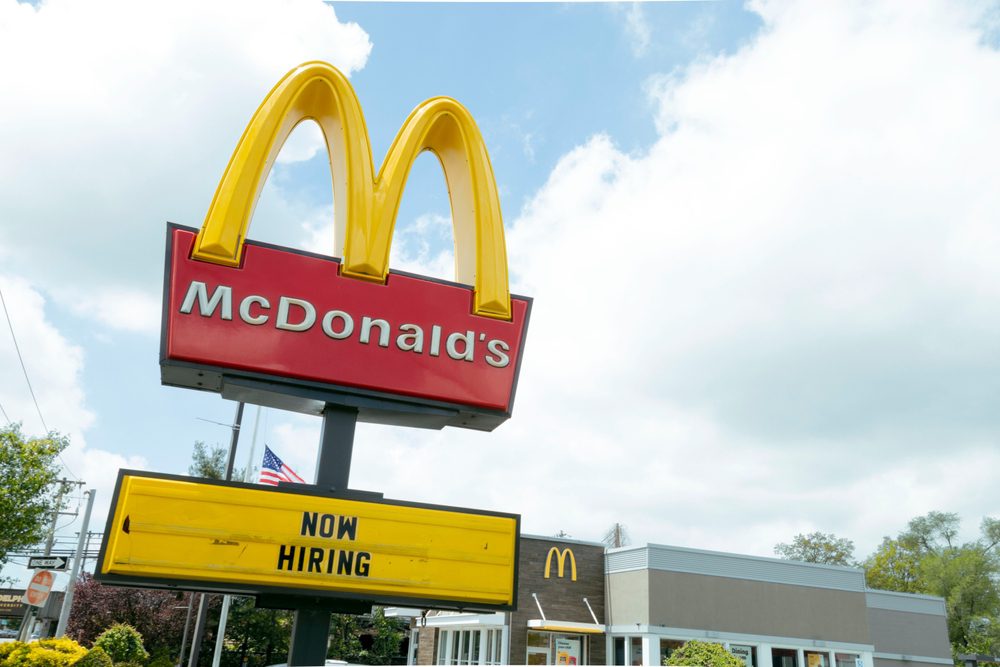(Direct Newsline)— Wireless filed two lawsuits last week against telemarketers who used autodialers to send unsolicited recorded calls to cell phones.
In separate suits, Bedminster, NJ-based Verizon Wireless is seeking injunctions against the two companies, Intelligent Alternatives of San Diego, CA, and Resort Marketing Trends of Coral Springs, FL. Verizon alleges that the pair made hundreds of thousands of unsolicited calls to mobile phones in violation of both the federal Telephone Consumer Act and the laws in their respective states.
The suit against Intelligent Alternatives claims that as many as 1.1 million customers received calls from the company since June, telling them that they had won a price and instructing them to call a phone number to claim it. Callers to that number were then asked for personal data and pitched real estate time shares, the lawsuit alleges.
In the case of Resort Marketing Trends, Verizon Wireless claims the company made 280,000 calls since July, mostly to customers in New Jersey, and again used prize awards— time free airline tickets— an incentive to call. The company’s aim was selling Atlantic City timeshares, according to the suit.
“These lawsuits serve notice once again to any company, organization or individual who seeks to infringe on our customers’ privacy,” said Steven Zipperstein, Verizon Wireless general counsel and vice president of legal and external affairs. “The law says you can’t do it.”
In August 2004, Verizon Wireless won a permanent injunction against a group that was spamming its mobile customers with unsolicited text messages. The wireless provider has also spoken out against the creation of a 411 directory for cell phone users.
Following the filing of the Verizon suits, the Direct Marketing Association issued a statement underlining its support for “vigorous enforcement” of the ban on unsolicited marketing calls to mobile phones and urging authorities to prosecute abusers. The DMA offers two tools— wireless block identifier service and a wireless ported number file— help telemarketers find and remove mobile numbers from their call lists and avoid making inadvertent illegal calls.
 Network
Network



